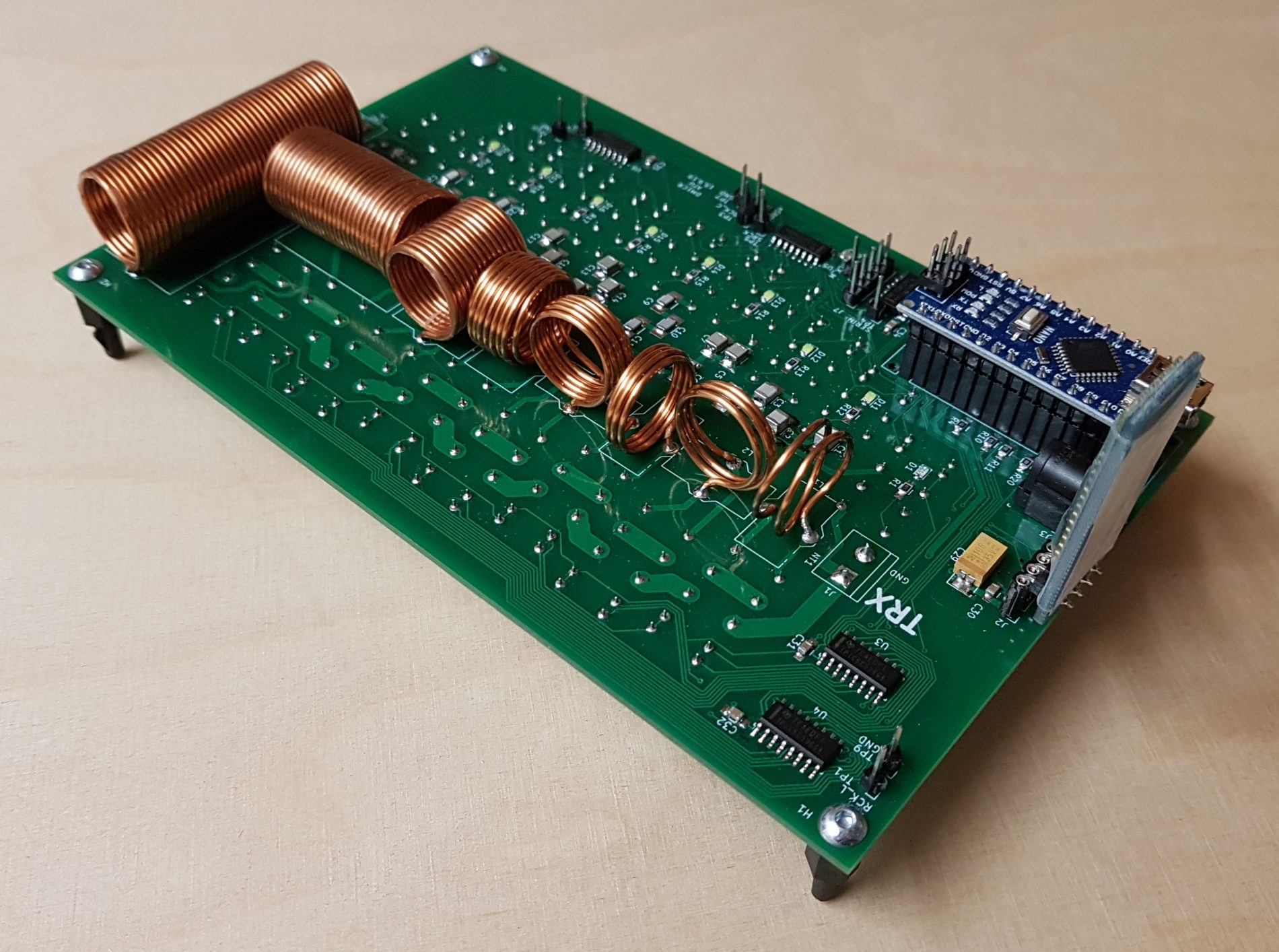Seit einiger Zeit funktionierte die Weichspülfunktion unserer Waschmaschine nicht mehr: Der Weichspüler im mittleren Fach wurde nicht mehr ausgespült und blieb im Fach zurück. Möglicherweise sind also die Abflusswege des Weichspülers (der Weichspüler wird aus der mittleren Schublade ausgeschwemmt) verstopft?
STM32H743 PID speed
What is the computational speed of the PID algorithm? In order to measure this, I will use GPIO PG2 as a flag that can be measured with my scope. But first I will improve the placement of my variables. It is very annoying with STM32CubeMonitor Read More …
STM32H743 PID lab
A NUCLEO_H743ZI (any other similar boards work, too), a resistor (I used 1k8), some pieces of wire and a scope is all that it takes to perform interesting experiments with digital control loops! The idea: Output resistance R2 between DAC1 out and the output node Read More …
STM32H743 ADC->DAC latency
For applications like active noise cancellation, motor control and similar applications, high bandwidth control loops are needed. For implementing fast digital control loops, the time delay between an analog input signal at the ADC input and the calculated analog output signal at the DAC output Read More …
STM32H743 EXTI3 Interrupt Latency (and how to improve it)
I was curious to find out how fast the interrupt response of a STM32H743 can be. I connected a simple square wave generator to Pin PG3 of my old NUCLEOH743ZI-Board. A PWM output of my raspberry Pi PICO was used as a square wave generator Read More …
How to connect an ADC3660 to an MCU (part II)
The following timing diagram (that I draw with Wavedrom, a fantastic tool for that purpose) shows in the upper part the output format of the ADC3660 as I understand it from the datasheet: The signal in the middle („NSS_TI“) shows the NSS signal as it Read More …
How to connect an ADC3660 to an MCU (part I)
TI’s new family of SAR-ADCs with integrated DDCs could be a game changer for building SDRs for HAM radio operators. Why? Because these ADCs do not only contain an NCO and a complex digital IQ downmixer, they also integrate a decimation stage and an output Read More …
SI5351A and frequency counting with the STM32H743
I wanted to play around with the SI5351A clock generator, but for verifying the output frequencies of the SI5351 I thought it would be great to have a frequency counter at hand. Unfortunately I do not own a frequency counter, so I looked for some Read More …
H7 ADC revisited (Bandpass sampling and analog bandwidth of the 16-bit ADC peripheral of the STM32H7, Part IV)
The question that interested me was: How strongly does the SNR of the ADC-peripheral of the H7 depend on the chosen clock source? Unfortunately, neither the H7 datasheets nor application notes like AN5354 treat this topic. The FFT plot shown in figure 1 of AN5354 Read More …
NUCLEO-H743ZI vs. NUCLEO-H743ZI2 and STLINK V3 vs. STLINK V2
I wanted to try out one of the newer NUCLEO-H743ZI2 boards, because they are populated with MCUs with the newer mask revision V. In mask revision V, ST changed the clocking scheme of the ADC. This new clocking scheme is interesting and I wanted to Read More …

